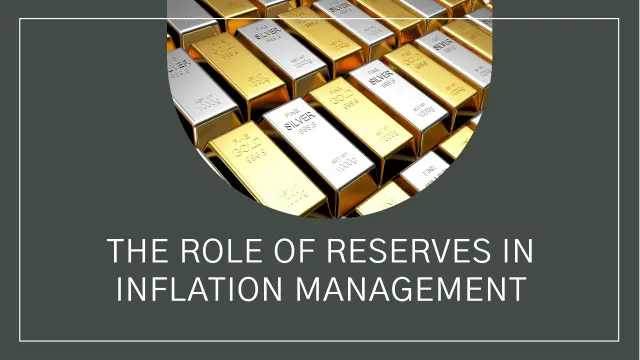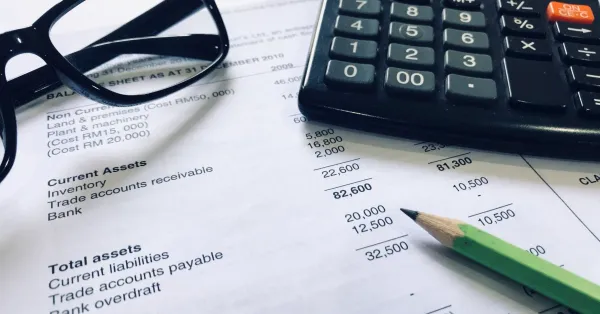Today, discussions about inflation and economic stability often make headlines. But what exactly does it mean when we hear about countries depleting their reserves? And how does this impact everyday life? Let’s take a friendly but professional dive into this to better understand its implications.
Reserves, simply put, act as a safety net for countries’ economies. Similar to how we maintain a rainy-day fund for unexpected expenses, countries hold reserves to cushion themselves against economic shocks. These reserves come in various forms, including foreign currencies like the US dollar, gold, and other assets, all managed by central banks.
Now, you might wonder why reserves matter in the first place. Well, imagine your favorite local store running out of stock of essential items. Without those items readily available, prices could skyrocket due to increased demand and limited supply. Similarly, when a country’s reserves run low, it can’t afford to stabilize its currency or cover its import bills, leading to economic turbulence and, yes, inflation.
When reserves are depleted, it’s like a warning sign flashing in the economy. It indicates that the country might struggle to pay its bills or maintain the value of its currency. This can have a ripple effect, affecting everything from the cost of groceries to the price of your next vacation abroad.
Take, for instance, a country heavily reliant on imports for essential goods like food and fuel. If its reserves dry up, the cost of importing these goods rises, driving up prices at local stores and gas pumps. Suddenly, your monthly budget feels tighter, and you might find yourself cutting back on non-essential expenses to make ends meet.
So, what can be done when reserves start dwindling and inflation rears its head?
Governments often implement measures like controlling the flow of money in and out of the country or even imposing restrictions on imports. While these tactics might provide short-term relief, they’re not sustainable solutions.
Instead, long-term strategies are needed to strengthen reserves and keep inflation in check. This involves practicing fiscal responsibility, encouraging investment in local industries, and fostering an environment conducive to economic growth.
Moreover, international cooperation plays a vital role in helping countries weather economic storms. Whether through financial assistance or shared expertise, collaboration among nations can provide much-needed support during challenging times.
Reserves are the lifeblood of economic stability, providing the necessary buffer to navigate the ebb and flow of inflationary tides.
In conclusion, the role of reserves in inflation management extends far beyond the of finances, it impacts the daily lives of individuals, shaping the affordability of goods and services, and influencing overall economic well-being.







